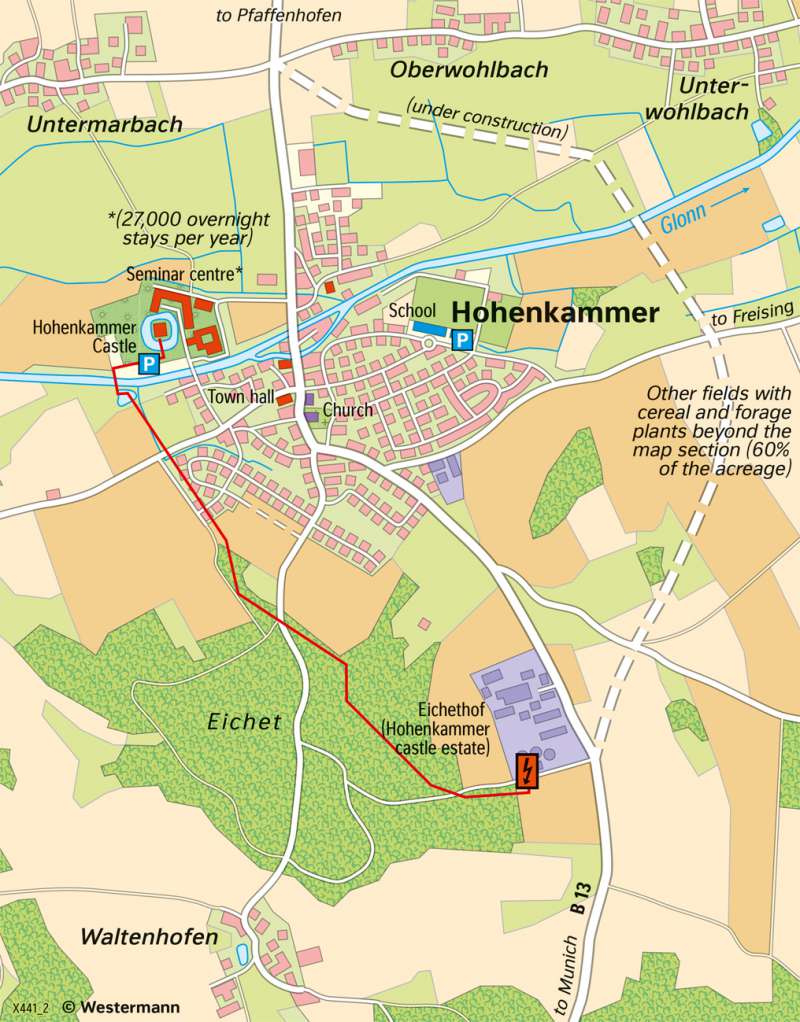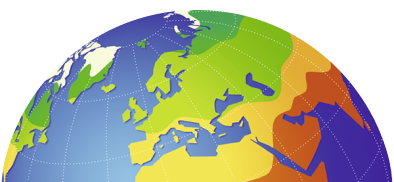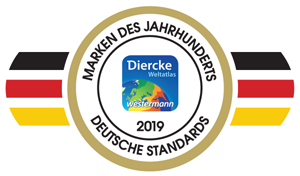Eichethof (Bavaria) - Organic farming and utilisation of biogas
Sustainable development
978-3-14-100890-6 | Page 97 | Ill. 5

Overview
The municipality of Hohenkammer is located in the district of Freising (approx. 2500 inhabitants) in Upper Bavaria and 45 kilometres north of Munich. The A9 federal highway runs about four kilometres east of the village in the direction of Freising. Five kilometres to the west is the Petershausen train station, which is connected to Munich by a suburban train. A relief road / local bypass (federal highway 13) is being planned, which in turn would cut through valuable farmland and at the same time relieve the village of car traffic.
Hohenkammer Castle and Eichethof
The community is home to the Hohenkammer elementary school, a Catholic church, a local grocer, and various small businesses (gas station, butcher shop, pizza restaurant and bank branch). Hohenkammer Castle, built at the end of the 16th century, is also located in the village and has been used as a hotel (new building) and conference centre since 2003. The owner, the Munich Reinsurance Company (Munich Re) also explains the more than 27,000 overnight stays. The castle is surrounded by a moat. South of the village lies a wooded area called "Eichet". The farm area of Eichethof, which is known for organic farming and the production of biogas, is located on the federal road. Organic farming as a supplier of food and energy is thus part of the Bavarian Cultural Landscape Program (KULAP) and is also financially supported by the European Agricultural Fund for Rural Development and by the Free State of Bavaria (2014-2020).
Cereals, root crops, and vegetables are grown on an area of about 300 hectares, and organic seeds are also produced on 200 hectares. The forest area stretches over 500 hectares and consists mainly of mixed forest. The more than 1,500 fruit trees are used for the production of noble brandies and vinegars, and the bees produce honey. The biogas cogeneration units and wood chip heating generate so much heat that it can be conducted to Hohenkammer Castle via the local heating pipeline (98% of the heat demand can be covered in this way).
Author:
Tom Fleischhauer




